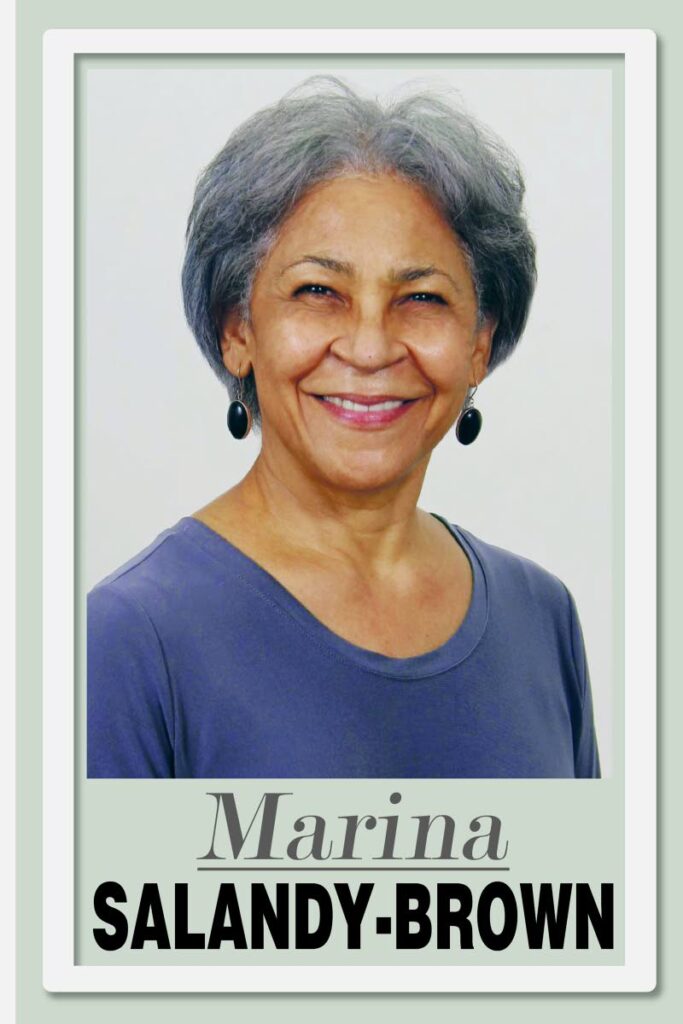The season of uncertainty

Just three more Sundays remain before we make our way to the polling stations to choose the next government of the republic of TT. This column always advocates the importance of exercising the right to have a say in who governs because it is the only meaningful political voice we have. It is a right we must not take for granted either.
Notwithstanding, it is not an easy call when the picture is quite confusing this time around for the large number of floating voters who are not party members or may have fallen out of love with their traditional political heartthrobs. The number of rag-tag new parties, the dismaying absence of published and well-circulated manifestos and with time almost running out to convince those with no tribal credentials, hearing a party’s message in a fragmented social media environment is quite a challenge.
For traditional party loyalists who attend constituency events to soak up the buzzy atmosphere and listen to the baiting of opponents and all the clever repartee, it can be fun and is a good way to get a sense of the candidates and maybe glean their intentions. For the new parties, some of which have been described pretty fairly as “pick-up sides,” their messages are not connecting and for the most part, their viability remains questionable. This is unfortunate since many thoughtful voters would like to consider a third main party, even if it is just to have another option.
We have the precedent of the relatively recent Congress of the People (COP) experiment which eventually failed. That was a concerted effort (with credible candidates, ideas for growth and solid funders) to break the two-party, race-based nature of TT politics. Attempts, going further back to the early labour-based parties and the NAR which, despite achieving an election win, failed to endure because of extreme internal and external crises and the lack of a long and strong party machine behind it.
For any of the new parties, getting even as far as COP did is not easy because the candidate receiving the largest number of votes in each electoral district wins. Unless a third party gains sufficient popularity to wipe out the PNM or UNC, which are evenly matched, it stands little chance of running the country. And that is unlikely to happen since popularity guarantees no seats in Parliament even if a party does well at the polls. There were once opposition calls for proportional representation but that has fallen by the wayside because it usually requires forming a coalition to govern, and those seldom last. The two-party system, one could argue, promotes governmental stability since a single party wins a majority in the parliament and governs.
So it will be business as usual in TT unless the predictions that the new electoral boundaries will make it a closely fought election and deliver no clear winner are correct. Truth be told, there is often not very much that divides the UNC and PNM, so it is possible for governmental control to alternate between them without huge shifts in policy, despite the rhetoric. The major issues are clear: the economy – especially the energy sector and forex; crime and social order; education and health.
The UNC is leading in the effectiveness of its advertising campaign in the press. A series of bold, well-designed, punchy and clear adverts have been telling us, ad by ad, what goodies to expect. It looks like a winning package: no taxes on private pensions and retirement benefits, no property tax, no VAT on 7,000 food items, no online tax, lower corporation taxes, protection from predatory bank fees and interest rates and cheaper motoring. Health promises are also attractive, and education promises include expanded GATE access and free laptops. Crime offerings, however, are weak and labour negotiations starting at 10 per cent sounds desperate.
Less advertised is how they will fund it all and what the overarching economic policy is. Reduced taxation and more state spending in the highly volatile international economic arena, with falling energy revenue and a 10 per cent US tariff on TT exports make UNC promises sound irresponsible. The rough internal reorganisation of the party and its leader’s reluctance to cede power are significant factors for uncommitted voters.
As for the PNM, crime and corruption are the big issues they have not cracked. PM Young’s response to Minister Leonce’s telltale spot of bother was inappropriate but his handling of the life-or-death US-Venezuelan energy relations, in which we are a mere sideshow, was promising. He must know that the US, which has taken a wrecking ball to world trade and its own economy, is unreliable and he must explain how he will align our ailing economy to the new reality and transform our society to allow us to exist safely and in relative prosperity in the Caribbean.

Comments
"The season of uncertainty"